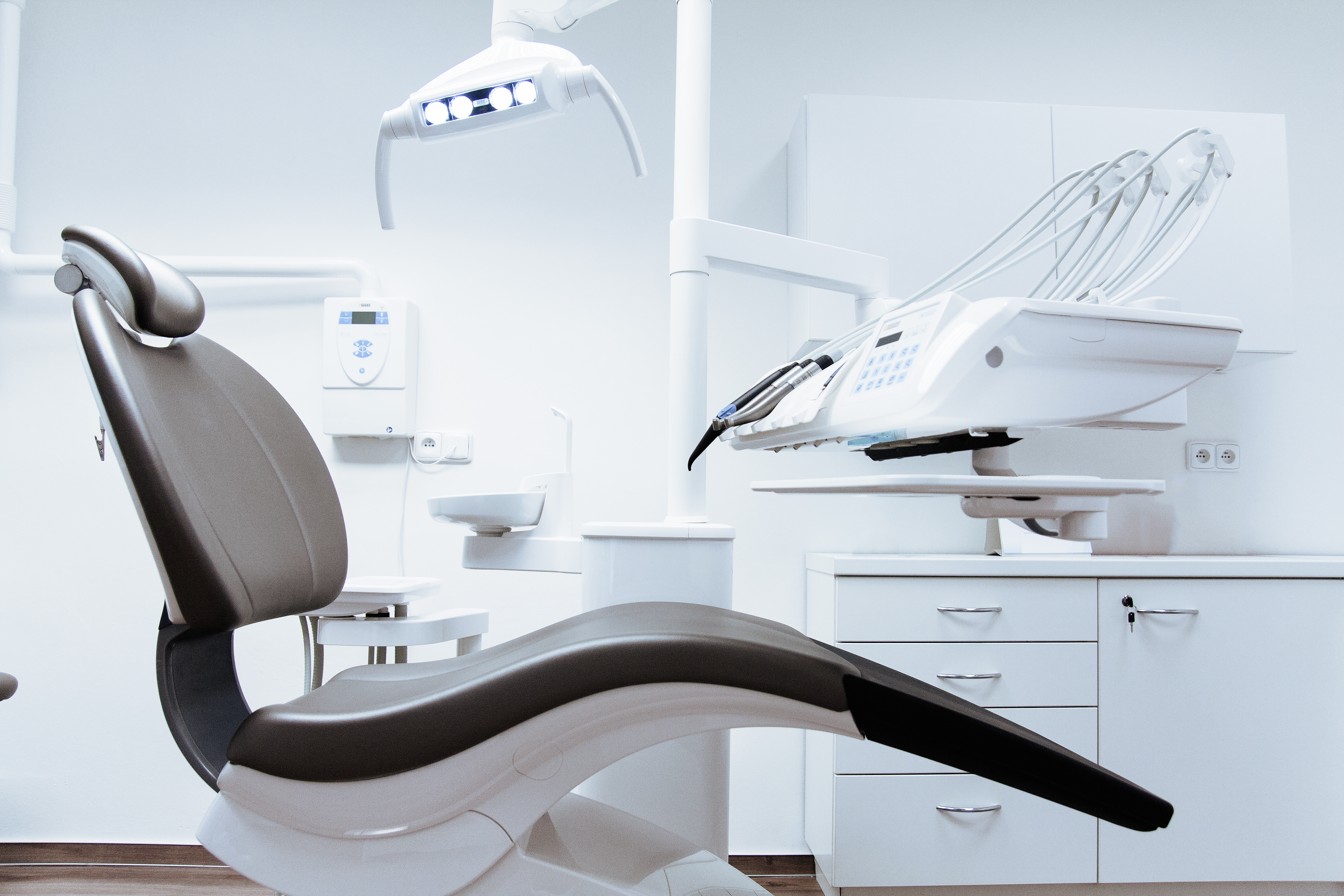How Dental Students Perceive DSOs
September 28, 2017
In the four years since I graduated from the University of Pennsylvania School of Dental Medicine, Dental Service Organizations (DSOs) have grown substantially. Analysts estimate that DSOs make up anywhere from 10 to 20% of the dental market, and continue to grow faster than private practices. So what do new dentists think of DSOs? I recently posted a thread on DentalTown to ask the active student Townies just that.
Three trends jumped out based on the responses:
1. Dental students generally view DSOs as a necessary stepping stone to private practice.
2. DSOs are not associated with quality dentistry, even among dental students.
3. DSOs reach out to dental students, unlike private practices.

Let’s break it down in a bit more detail:
1. Dental students generally view DSOs as a necessary stepping stone to private practice.
The primary driver behind this change in student mentality is increased debt. The price of dental education continues to rise, and aspiring dentists acquire larger and larger mountains of student loans before practicing. One seasoned Townie dentist wrote: “With the debt load current grads have, they can't slowly build up their skill set like in years past.”
This trend is made worse by the observation that private practices require more and more prior experience from new associates. One recent dental school graduate explained: “In my job search every single private practice job requires at least 1 year of experience, [with] many requiring 3-5.” This seems to be a classic game theory dilemma. Let’s assume that all private practice owners would prefer as small a role for corporate dentistry as possible. But each private practice owner wants the most-experienced associate possible. The end result is what we’re seeing today.
2. DSOs are not associated with quality dentistry, even among dental students.
Corporate pressures may lead to lower quality of care. DSOs can be pressured by owners and shareholders to maximize profit, resulting in rushed procedures and an increased focus on efficiency, sometimes at the expense of patient care. This is coupled with the trend of DSOs to employ younger, less-seasoned dentists who have not yet necessarily fully honed their skills.
However, outright illegal activity (not paying employees, OSHA violations, abuse of staff) seems to anecdotally happen much more frequently at private practices than at DSOs. As one Townie put it, “you can't get away with that stuff at corporate.”
Take this with a grain of salt, of course- this is based off of several dozen dentists who participated in my thread. But it’s an interesting observation nonetheless- larger businesses can’t get away with outright illegal activity, even if they can push the boundaries more with regard to patient outcomes.
3. DSOs reach out to dental students, unlike private practices.
As one Townie student put it, “Some of the largest donors to the American Student Dental Association (on national, district and chapter levels) are DSOs.” That can make a difference.
Private practices who are looking for young talent might want to consider offering Lunch & Learns at local dental schools, to at least make sure students are aware of the private practice options available to them.
The dental landscape is shifting, and DSOs play a large role in these changes. Students are adapting to the realities of the industry, and are increasingly responding to the situation by considering working for a DSO as a stepping-stone to private practice.
Ready to save with Supply Clinic?
Start Shopping!